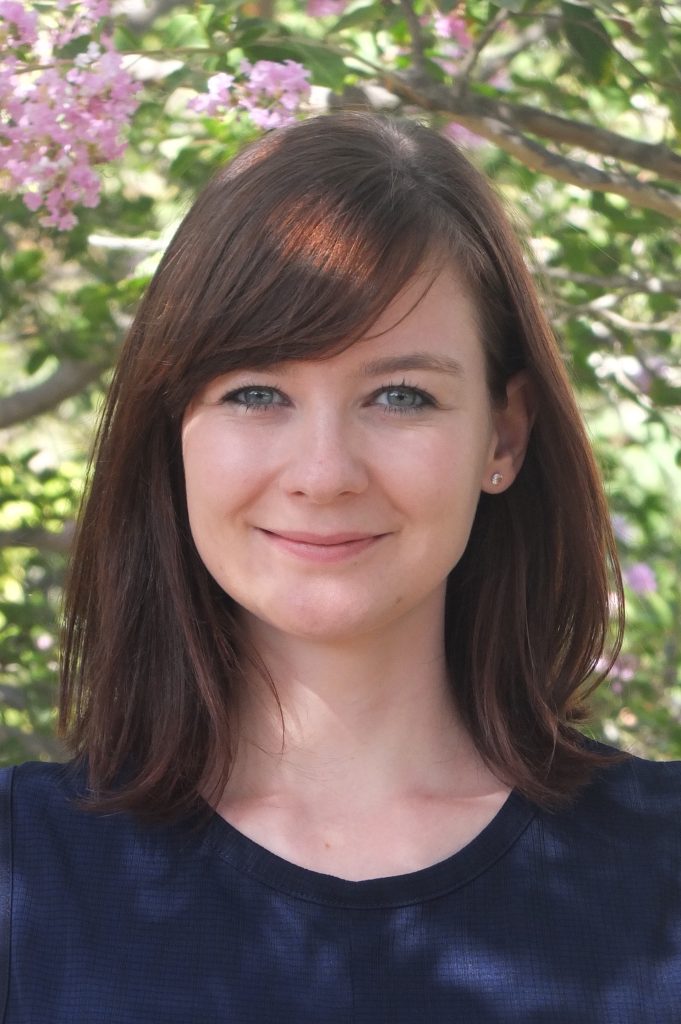New webinar of the series Nine months, nine universities: Integrating AI into university education: Pedagogical rationale, examples and challenges
|
06 Nov 2024|
06 Nov 2024In addition to a systematic overview of the current range of AI tools in education, this webinar presents key findings from a six-year, multi-university, interdisciplinary research project on AI in education. Showcasing helpful, openly available AI tools, it suggests specific scenarios for learning and teaching and discusses the pedagogical challenges AI exacerbates.
Despite popular demand for AI-powered tools such as ChatGPT, DeepL Write, or Duolingo among learners, the full potential of AI applications for university teaching has hardly been harnessed so far. Although most teachers have become more ‘tech-savvy’ since the pandemic, concerns and reservations seem to persist when it comes to the rapidly evolving possibilities that generative AI offers today. And while there is unprecedented commercial interest in AI-R&D in the so-called EdTech sector, a gaping lack of academic research remains, from empirical effectiveness studies to didactic recommendations and best practice examples.

Speaker
Laura Köbis is a researcher at Leipzig University’s Chair of General Education. She is part of the research group ‘tech4compKI – Personalized Competence Development and Hybrid AI Mentoring’, funded by the German Federal Ministry of Education. Her publications focus on e-learning, artificial intelligence in education, technology ethics, and innovative mentoring at universities. Laura holds bachelor’s and master’s degrees in German as a foreign language and has teaching experience at five universities in Germany, Spain, and Great Britain, as well as the Goethe-Institut.
9 Months, 9 Universities is a series of guest lectures that focus on specific topics related to language and culture and target mainly graduate and postgraduate students as well as Early-Stage Researchers and lecturers interested in these topics. The lectures are intended to generate awareness and appreciation for the topic of multilingualism as well as an understanding of the many areas of our lives that are influenced by language.